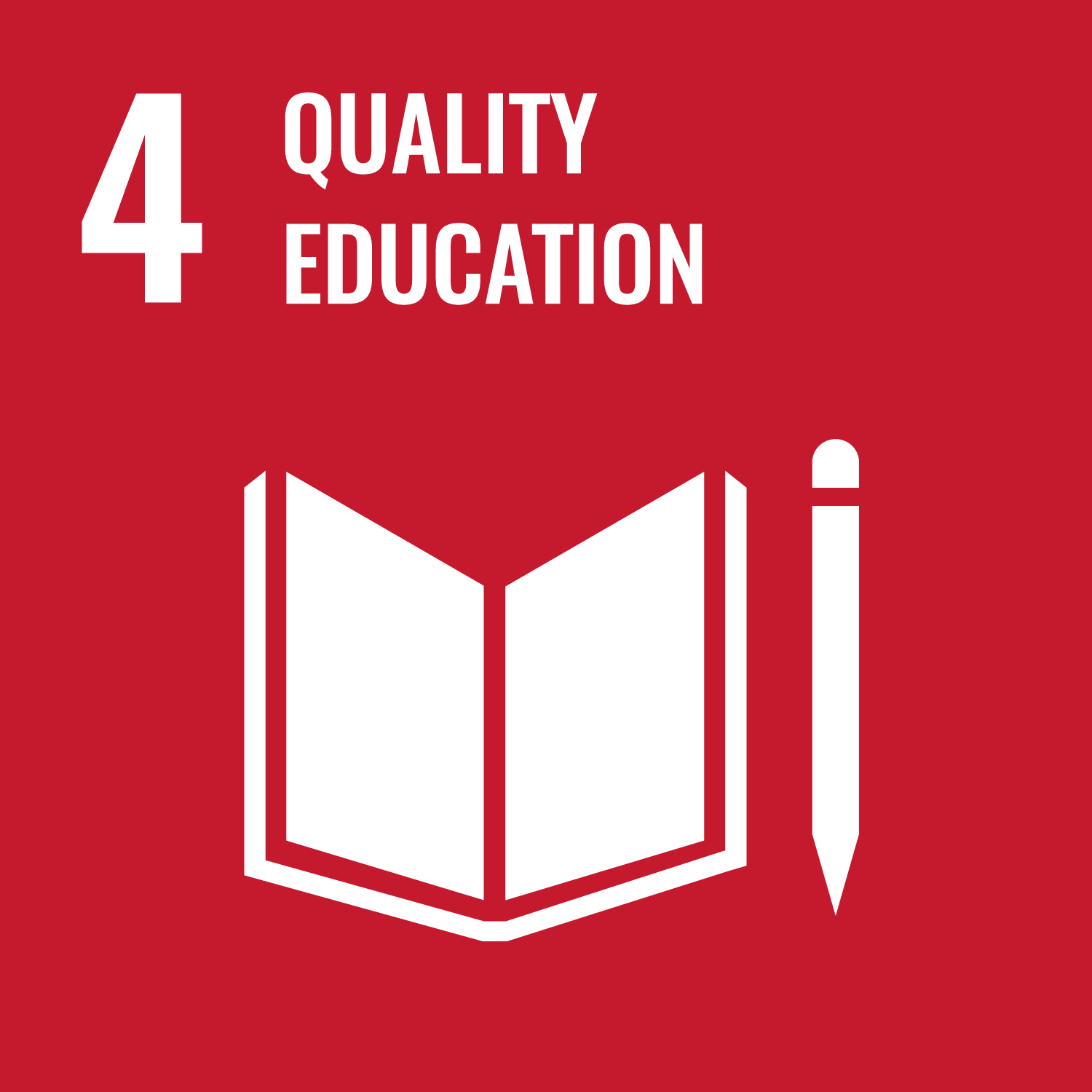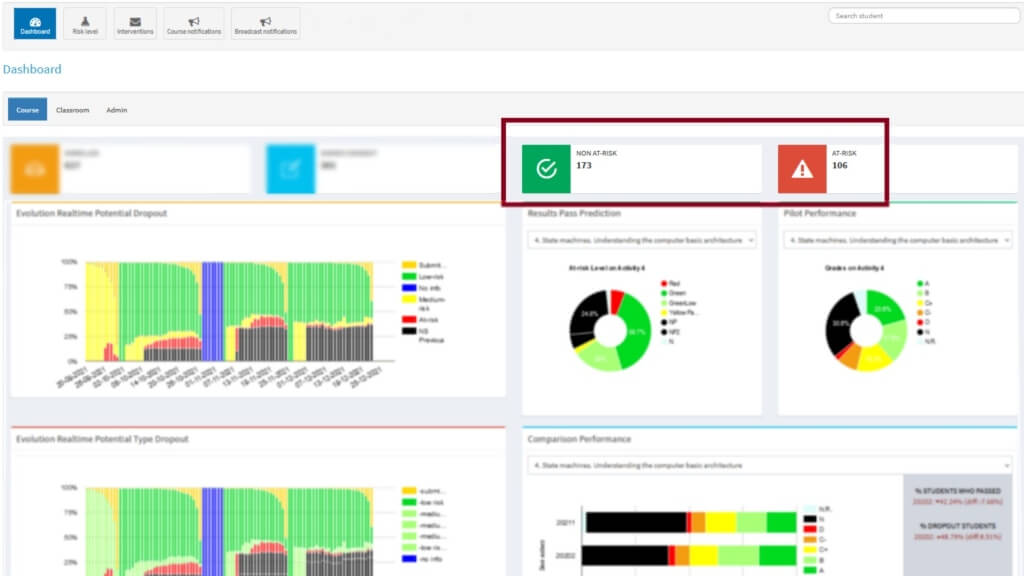UOC launches three research projects to improve its educational model
The university, a pioneer in online higher education, is allocating €36,000 to three e-learning research projects that seek to have an impact on its own educational model and address the current challenges facing e-learning around the world
The Universitat Oberta de Catalunya's (UOC) educational model is constantly improving and evolving in accordance with the evidence obtained from its own research. The UOC, through its specific programme for the promotion of e-learning research, has just awarded grants worth a total of €36,000 to three research projects by e-learning experts with a view to applying the results to the university's methodology. In the words of Albert Sangrà, Professor of Education and co-director of the eLearning Research Programme at the UOC together with Xavier Vilajosana, Vice rector for Research, Knowledge Transfer and Entrepreneurship, the call seeks to "boost the use of the learning data collected on the Campus by introducing researchers to the university's procedures on using these data and generating value and impact from this unique and special resource that we have".
The UOC thus seeks to tackle current and short-term challenges through research projects that have an impact on the organization while encouraging the development of online higher education worldwide through its expertise. The knowledge obtained from this research can be extrapolated to other organizations around the world and help solve the challenges facing e-learning.
“The aim is to boost the use of the learning data collected on the Campus by introducing researchers to the university's procedures on using these data and generating value and impact from this unique and special resource”
Research in AI and learning analytics
"Experimenting with support mechanisms based on AI and analytical evidence" is one of the projects that has been awarded an internal UOC research grant. The project is LISFeed+ led by David Bañeres, a member of the Faculty of Computer Science, Multimedia and Telecommunications and the IN3's SOM Research Lab, and Anna Espasa, from the Faculty of Psychology and Education Sciences and the Feed2Learn research group. The study aims to improve the support given to students during their learning process through analytical evidence-based tools. The goal is to put in place an early warning system and a nudge system to guide students at risk.
A second project tackles the "implementation of an assistant for teachers to provide immediate, formative and personalized feedback through AI". The project is led by David García, from the Faculty of Computer Science, Multimedia and Telecommunications and the EduSTEAM research group, and Nati Cabrera, from the Faculty of Psychology and Education Sciences and the EduL@b group. The study examines how artificial intelligence can improve feedback in higher education. The aim is to contribute to the development of new tools to improve the educational experience of students through the use of AI.
The third project backed by the UOC seeks to find out "how to improve the monitoring and assessment of online discussions through learning analytics". The study is led by Teresa Romeu, from the Faculty of Psychology and Education Sciences and the Edul@b research group, and Javier Luis Cánovas, from the Faculty of Computer Science, Multimedia and Telecommunications and the SOM Research Lab. The initiative analyses collaborative dynamics, especially through online discussions, an activity that is common to many courses and part of the UOC's educational model. Teachers must be able to access data in real time to adjust the paths of students at risk of not achieving their academic goals, as well as to facilitate the proper assessment of their development. The use of real-time data will also make it possible to use smart systems to predict student behaviour.
These three research projects reaffirm the UOC's work on and commitment to the innovative use of technology to democratize access to higher education. The UOC uses an interdisciplinary approach to promote cutting-edge research on e-learning, ranging from education sciences to information technologies.
Research in e-learning at the UOC contributes to the continuous improvement of teaching, facilitating knowledge transfer and promoting educational innovation, with the support and collaboration of the UOC's eLearning Innovation Center. The main aim is to consolidate research in e-learning to address the global challenges of education, both within and beyond the university. The UOC thus continues to contribute to the dissemination of best practices and innovative educational solutions.
These UOC research projects contribute to the Sustainable Development Goal (SDG), 4, Quality Education.
UOC R&I
The UOC's research and innovation (R&I) is helping overcome pressing challenges faced by global societies in the 21st century by studying interactions between technology and human & social sciences with a specific focus on the network society, e-learning and e-health.
Over 500 researchers and more than 50 research groups work in the UOC's seven faculties, its eLearning Research programme and its two research centres: the Internet Interdisciplinary Institute (IN3) and the eHealth Center (eHC).
The university also develops online learning innovations at its eLearning Innovation Center (eLinC), as well as UOC community entrepreneurship and knowledge transfer via the Hubbik platform.
Open knowledge and the goals of the United Nations 2030 Agenda for Sustainable Development serve as strategic pillars for the UOC's teaching, research and innovation. More information: research.uoc.edu.
Experts UOC
Press contact
-
Sònia Armengou



